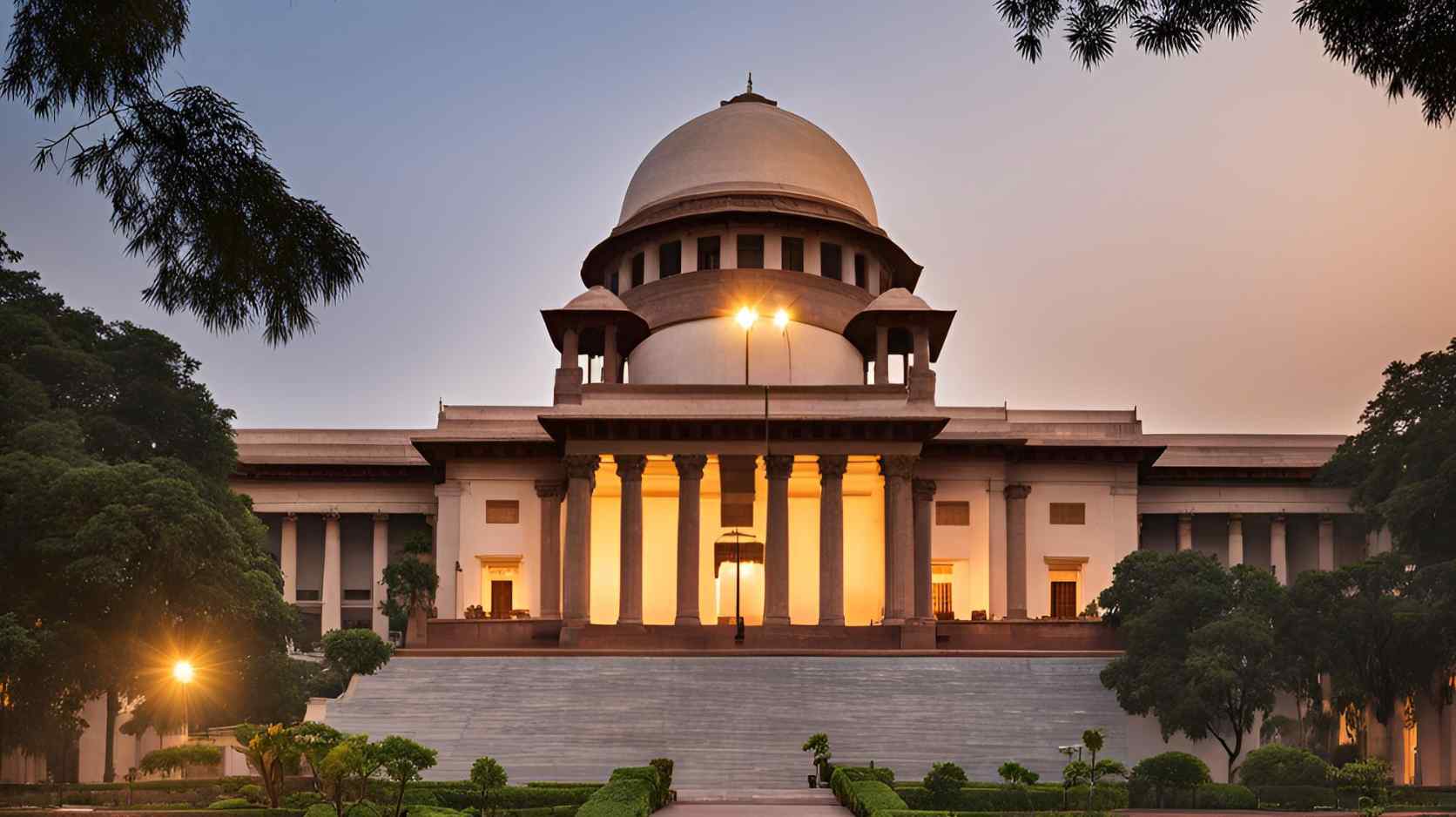In a landmark judgment on October 3, 2024, the Supreme Court of India issued a strong rebuke against caste discrimination in prisons, asserting that such practices undermine the fundamental rights of inmates.
This ruling emerged from the case of Sukanya Shantha vs. Union of India and Ors, and was delivered by a bench consisting of Chief Justice of India DY Chandrachud, along with Justices JB Pardiwala and Manoj Misra.
The Court’s decision highlights that the right to life and personal liberty under Article 21 of the Constitution encompasses the right to transcend caste barriers.
The Supreme Court’s observations resonate deeply with contemporary societal issues, particularly in a nation where caste-based discrimination remains prevalent.
The Court clarified that criminal laws must not perpetuate colonial ideologies. It emphasized that the historical negligence of caste discrimination by colonial powers must not dictate modern legal frameworks.
“Upholding caste differences by the British inside the prisons reflected their overall support to legitimizing the law of caste,” the Court remarked, underscoring the need for a transformative approach to prison administration that aligns with modern democratic values.
Highlights of the Supreme Court’s Verdict
- Rejection of Colonial Philosophy: The Court firmly stated that criminal laws must not endorse any form of discrimination that originated during colonial rule, thereby ensuring equality before the law.
- End to Discrimination Against Denotified Tribes: The judgment highlighted the need to dismantle stereotypes surrounding denotified tribes, which have historically been labeled as ‘criminal tribes’ without due process, perpetuating social stigmas.
- Caste Cannot Justify Discrimination: The ruling firmly established that caste-based classifications are not justifiable unless they promote equality and social justice, as outlined in Article 14 of the Constitution.
- No Segregation Based on Rivalry: The Court condemned the practice of segregating prisoners based on caste due to fears of rivalry, asserting that such measures violate fundamental rights and undermine the corrective objectives of imprisonment.
- Right to Overcome Caste Barriers: The Court articulated that Article 21 guarantees individuals the right to overcome caste barriers, affirming that caste prejudices hinder personal growth and development.
- Condemnation of Menial Task Assignments: The judgment declared that forcing inmates to perform menial tasks based solely on caste constitutes forced labor, violating Article 23 of the Constitution.
- Call for Multi-faceted Remedies: The Court acknowledged that systemic discrimination against Scheduled Castes, Scheduled Tribes, and Denotified Tribes requires comprehensive and multi-dimensional remedies from various institutions.
- Abolishment of the ‘Scavenger Class’ Label: The Court dismissed the notion of any group being inherently a ‘scavenger class’, arguing that these labels stem from birth-based notions of purity and pollution.
- Cementing Discriminatory Practices: The refusal to address caste discrimination only reinforces oppressive practices, necessitating immediate action to comply with constitutional mandates against caste discrimination and untouchability.
- Critique of Current Legal Frameworks: The Court pointed out the shortcomings of the Model Prison Manual of 2016 and the Model Prisons and Correctional Services Act of 2023 for lacking clear definitions and prohibitions against caste discrimination.
Case Details:
- Parties Involved: Sukanya Shantha vs. Union of India and Ors
- Bench Composition: Chief Justice DY Chandrachud, Justices JB Pardiwala, Manoj Misra















